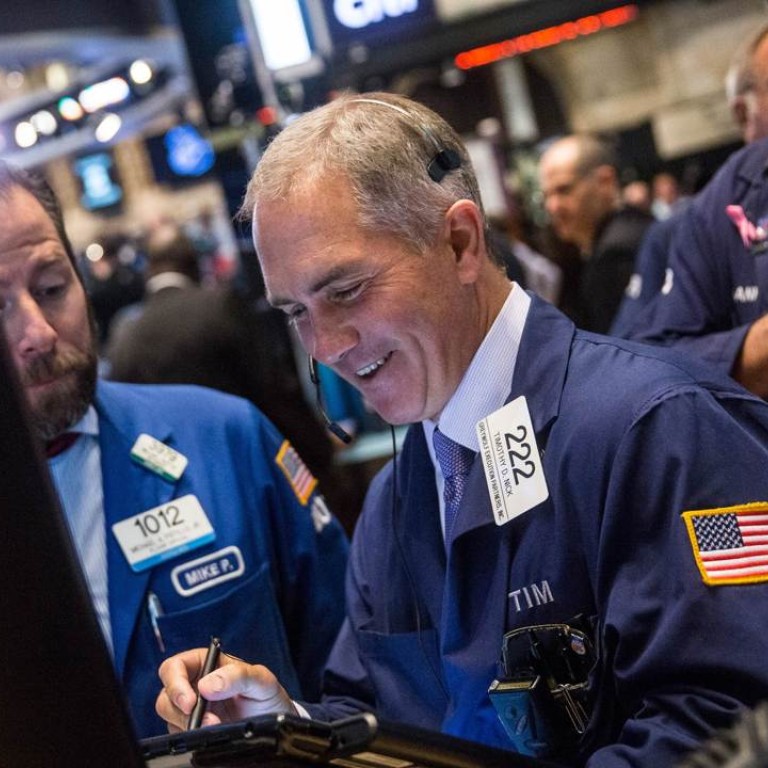
Bill Gross, Pimco and the cabals in fund management
Oneupmanship on who is greedier
Thank you Bill Gross, for the insights on the fund management industry that your livid lawsuit against Pimco has provided us, the customers. Now can we all revolt?
Fund management fees have been trending down in recent years, mostly due to competition from passive funds. It is time for a broader fee revolt, and perhaps this lawsuit will help bring it on.
Gross claims that a “cabal” of senior executives at Pimco drove him out of the firm last year, due to jealousy of his guaranteed 20 per cent cut of the bonus pool, which the suit says would have entitled him to US$200 million in 2014.
According to the lawsuit, the cabal was trying to push riskier funds embedded with even higher commissions. They also wanted a performance-based bonus distribution system, rather than giving Gross a fifth of the pool, as per an agreement he made with Allianz when the German financial firm took over Pimco.
Gross defended his guaranteed cut, arguing it was his name and reputation that attracted inflows to Pimco’s funds, thus plumping the fee income. According to the suit: “Mr Gross has developed a towering reputation that has, among other things, led to him being called the ‘bond king’ by the financial media.”
Gross is a product of winner-take-all, superstar economics, where technology and other dynamics enhance the returns of the most talented. This phenomenon is also said to explain the rising premium on CEO pay; the economist Greg Mankiw likes to point out that it makes no sense to decry CEO pay – yet accept that top NBA stars can earn millions.
The saddest thing about this lawsuit, which reads as if it were penned by a spoiled child forced to share one of his butterscotch candies, is that Gross might be right. His ex-colleagues might be even greedier than he is
At least with LeBron James, however, one can argue that there are few comparable basketball players. We can’t say the same thing about the performance of many CEOs – empirical studies show a poor correlation with pay – and we especially can’t say the same for the performance of star asset managers.
Indeed, a manager who attracts huge inflows is often on autopilot to underperform. Many funds, especially in equities, put a cap on fund size because the manager can only own so much of the best assets, and would have to divert overflows into purchasing second-rate performers.
Perhaps the situation was different with Gross. His total return bond fund was heavily weighted in the very liquid treasuries market. And then, with the media following the “bond king’s” every word, he need only speak his position publicly, and global asset prices would move in line.
Yet that’s not how it worked in the years before Gross’ ouster. He loudly and publicly made the wrong call on the direction of interest rates, and his flagship fund suffered outflows.
Gross boasts that his fund outperformed his benchmark, the Barclays Capital US Aggregate Bond Index. But, as a paper commissioned by Vanguard Group showed, nearly everyone outperforms this supposed benchmark. In the four years to 2012, 86 per cent of bond fund managers in Gross’ category outperformed the Barclays index. They do this by sneaking riskier, higher-yielding bonds into the mix while sticking with the less-volatile benchmark.
The saddest thing about this lawsuit, which reads as if it were penned by a spoiled child forced to share one of his butterscotch candies, is that Gross might be right. His ex-colleagues might be even greedier than he is.
Gross claims that he advocated for lower fees, in part as a realistic market response to the competition for passive funds. The “cabal,” meanwhile, was pushing for diversification into riskier and higher-fee funds.
With nearly US$2 trillion under management in 2013, the partners at Pimco were ultimately fighting over free money. It doesn’t cost much more to manage $100 million in funds than $100 billion, yet the difference in fee income is considerable: $1 million versus $1 billion on a 1 per cent fee.
That’s why at a certain point it’s like free money, even though there is no guarantee that larger funds will outperform; often it’s precisely the opposite.
There must be a way the market can somehow get the fund managers to return some of this free money to the customer – collective bargaining among the world’s savers?
Don’t try shame, though. Reading this lawsuit, it’s pretty obvious shame is one asset these guys don’t possess.
Cathy Holcombe is a Hong Kong-based financial writer

